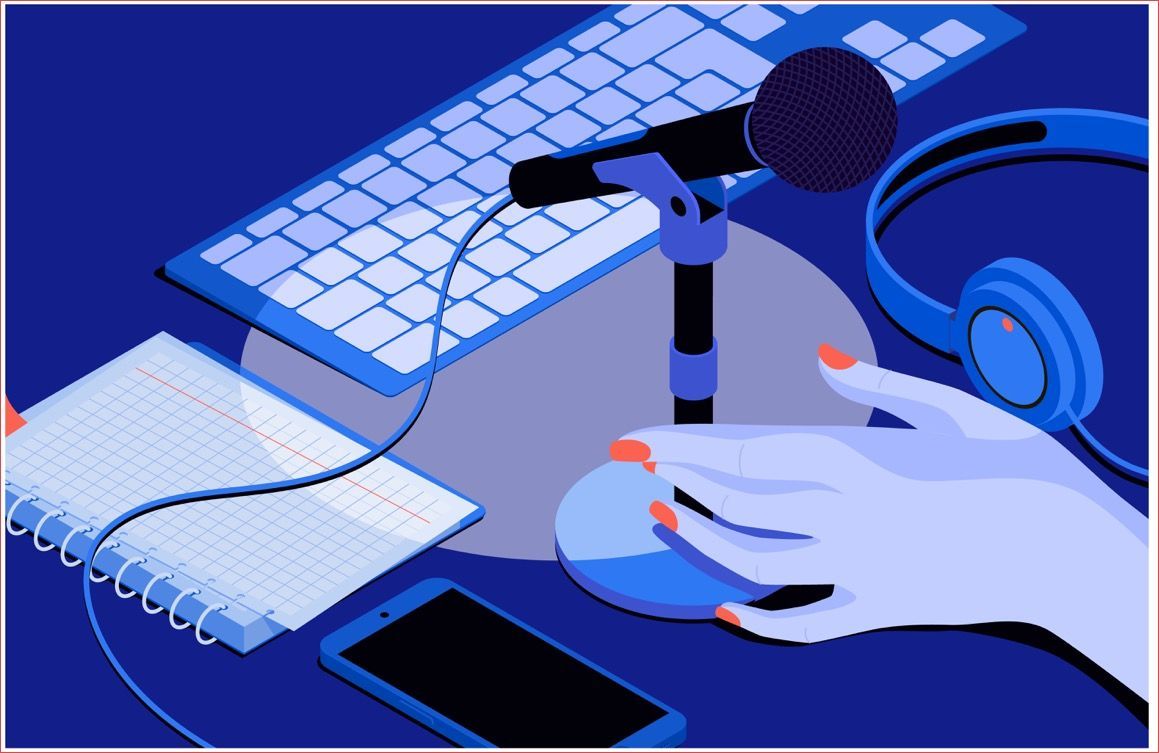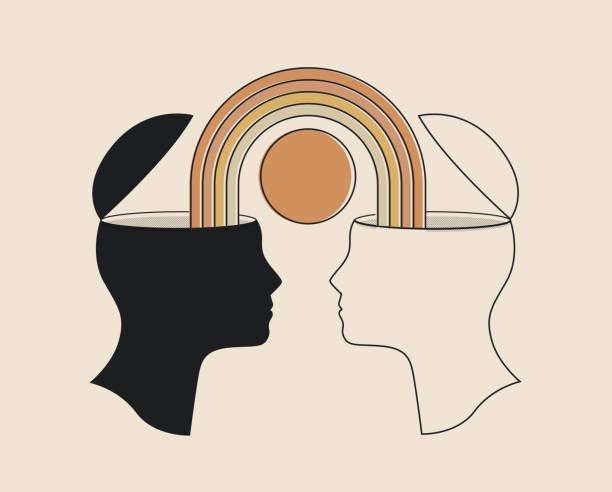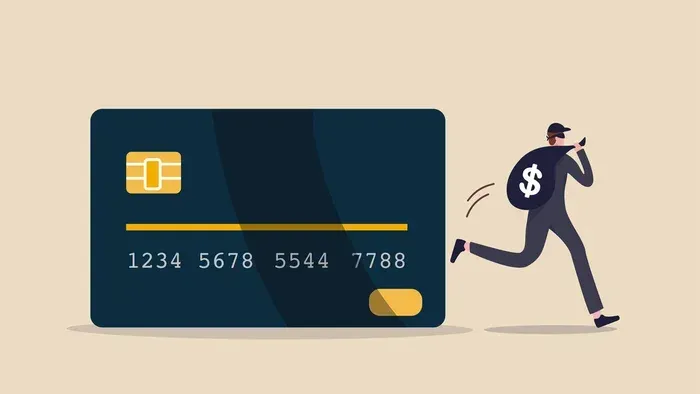It's Weird Running into My Own Voice
I have this phobia of sleeping through my alarm, especially when I’m on business travel and I have something high-profile to do – like give a presentation – for which I want to be up early, well rested and hopefully looking impeccable. In addition to setting the alarm on my phone, I always use the hotel’s wakeup call service.
Imagine my confusion when the phone rang in my hotel room in Dallas bright and early, and the voice on the phone was me. Waking me up. Either I had custom voiced the system for that particular hotel chain and forgot about it, or they had simply used open-source prompts. Either way, it was unmistakable: I was being awakened by *me*.
Another similar incident – which required a little bit of an out-of-body paradigm for me – was when I was placing an order for flowers as a thank you to a client. I called the automated ordering platform and got…..you guessed it…ME on the system. “Where would you like to send your flowers to?” automated Allison chirped cheerfully. I replied: “Illinois.” To which my automated self said – confidently, after a loaded pause – “OK. I think you said: MONTANA. Is that correct?”
How could “automated me” not understand “actual me”? I voiced those prompts. With my own voice. The system should have no problem understanding that input, because I *AM* that input.
Voiceover has always been a unique and niche way to make a living. As I started to establish myself in the specific lane of voicing IVR prompts, it’s been pointed out to me numerous times and by a great many people, that my prompts will long outlive me on telephone systems globally. With a lot of my early work being in Open Source, it was inevitable (and part of the business plan) that my prompts are re-distributed freely, to be used wherever they need to be. Generic, with the option to customize.
That, inevitably, led to (and still leads to) me stumbling upon my voice when I least expect it.
Probably one of my least favorite moments has been when I had to gear up my courage to call a company that was way overdue in paying their invoice (a very rare occurrence, largely because all but grandfathered clients pre-pay), and when I heard my voice – on the very prompts I voiced on that invoice in question – playing beautifully, successfully on their system – it made me angry.
They’re good enough to play; they’re somehow not good enough to pay for?
Another time, someone at a conference said to me: “It must be Hell to break up with you.”
Well, sure.
Wait – what?
He went on to explain that after a breakup, there are always many painful reminders of that ex – a song you both liked, a movie you saw together – imagine being unable to escape your ex’s voice no matter where you called?
Fair enough.
One last incident which really brings home the idea that I could (and can) turn up anywhere is when my husband downloaded a workout coach on his phone to keep him motivated at the gym. He came home after using it the first time with a look on his face as though I’d done something wrong.
“What’s up”? I asked.
“GUESS who’s the voice of the workout coach?”
Yep. Me. He changed it to the Australian Male Option, because he already gets enough of me at home.
I’m currently looking for a solution which will continue this trend of me popping up everywhere into perpetuity: the dream is to take all of my existing sounds and build my own AI utility, where my sounds can be accessed in a turnkey way long after I’m gone – sort of a “if you can’t beat them join them” response to AI utilities quashing voiceover work. I like the idea of making use of this extensive corpus of sounds I’ve made, which – as a client pointed out – are playing on a phone system somewhere in world at any given moment and will long outlive me.











